Gardening is more than a hobby; it’s a journey of growth and connection. It lets people create their own outdoor space, whether it’s a peaceful Zen garden philosophy or a lively bohemian oasis. This simple act of gardening can change how we feel and live, thanks to insights from gardening, mindful gardening, intuitive gardening, and biophilic gardening.
People want outdoor spaces that are both lovely and good for the planet. sustainable gardening is becoming more popular. sustainable gardening focuses on enjoying outdoor areas and making landscapes that increase a home’s value, like climate-adaptive gardens and living borders.

As sustainable gardening grows, gardeners aim to create spaces that are joyful and help the environment. They use rainwater, compost, and eco-friendly methods. This trend towards natural and sustainable gardening is expected to keep growing2.
Table of Contents
Understanding Modern Gardening Insights for 2025
Modern gardening is all about evolving garden philosophy and its effects on today’s trends3. We’re seeing more natural and sustainable gardening in 2025. This means using eco-friendly methods and cutting down on chemical pesticides3. It’s all about making gardens beautiful and good for the planet.
Today’s gardening trends focus on being mindful while gardening4. It’s about slowing down, enjoying nature, and feeling connected to it. A famous gardener once said, “The garden shows who we are. By taking care of it, we grow ourselves.”
Zen garden philosophy becoming popular too. They stand for simplicity, harmony, and balance5. These gardens use special plants, rocks, and water to bring peace. They help people relax and feel less stressed.
| Gardening Style | Description |
|---|---|
| Modern Gardening | Focus on sustainability, eco-friendliness, and mindful cultivation |
| Contemporary Gardening Trends | Emphasis on natural and sustainable practices, reducing chemical pesticides |
| Zen Garden philosophy | Principles of simplicity, harmony, and balance, featuring carefully selected plants and elements |
By using modern gardening ideas and mindful cultivation, people can make gardens that show their style. These gardens also help us feel better and connect with nature4.
The Physical and Mental Benefits of Garden Practice
Garden practice is a holistic activity that offers numerous physical and mental benefits. It’s an ideal hobby for those seeking to improve their overall well-being6. By engaging in gardening therapy, individuals can experience reduced stress and improved mental health. The physical benefits include boosting physical activity, improving cardiovascular health, and enhancing mood6.
The mental benefits of garden practice are just as significant. Gardening therapy provides a sense of calm and relaxation. Some of the key benefits include:
- Reducing stress and anxiety
- Improving mood and cognitive function
- Enhancing self-esteem and confidence
- Providing a sense of purpose and fulfillment
Research shows that exercising in green environments, like gardens, offers greater psychological benefits than indoor exercise6. Cities like Atlanta and New York have numerous community gardens. This makes it easier for residents to engage in garden practice and experience its benefits7.
Incorporating garden practice into one’s lifestyle can have a significant impact on both physical and mental health6. By making gardening a regular activity, individuals can experience the numerous benefits it has to offer. These include reducing stress, improving mood, enhancing self-esteem, and providing a sense of purpose.
| Benefits of Garden Practice | Physical Benefits | Mental Benefits |
|---|---|---|
| Reducing stress and anxiety | Boosting physical activity | Improving mood and cognitive function |
| Improving mood and cognitive function | Improving cardiovascular health | Enhancing self-esteem and confidence |
Exploring the Connection Between Gardening and Creativity
Gardening and creativity go hand in hand. Gardeners can show their creativity through plant selection and garden design. By picking unique plants, they can make a garden that shows who they are. Ben O’Brien, as mentioned in8, has shown how to make gardens that are both beautiful and strong.
Intuitive gardening is all about trusting your gut and letting the garden grow naturally. This way, gardeners can get surprises that are both fun and exciting. For instance, a school garden in Spartanburg, as seen in9, teaches kids important skills like teamwork and how to take care of the environment.
Here are some tips to connect gardening with creativity:
- Be open to trying new things in your garden
- Pick plants that make you happy and show your style
- Go with the flow and adjust to changes
By following these tips, gardeners can grow closer to their gardens and find their creative side. The Step Outside project, as mentioned in10, shows how outdoor learning can help kids care for the environment and be creative.
| Gardening Principle | Creative Benefit |
|---|---|
| Plant Selection | Self-expression and personal style |
| Garden Design | Artistic expression and experimentation |
| Intuitive Gardening | Trust in one’s instincts and adaptability |
Exploring the link between gardening and creativity opens up new ways to express oneself and grow. Whether it’s through picking plants, designing gardens, or gardening in a natural way, there’s always room for creativity8910.
The Psychology Behind Our Love for Gardens
Gardening has been a part of human culture for centuries. It’s because of the psychology of gardening that we love it so much. It shows how taking care of plants and being in nature can greatly improve our mental and emotional health11.
Our love for gardens comes from our deep connection with nature. It lets us show our creativity and find peace in a calm place.
Gardening can lower stress more than other activities, helping both those with dementia and their caregivers11. Being outside in the sun while gardening helps seniors get enough vitamin D. This is good for their bones and immune system11.
The trend towards natural gardening will keep growing, focusing on eco-friendly methods and less chemical use12.

Dry gardens, or xeriscapes, are getting more popular. They need little water and care, perfect for those who want gardening’s benefits without the work12.
By understanding the garden psychology, we can make outdoor spaces that help us relax, feel well, and connect with nature.
Zen and Minimalist Garden Philosophy
A Zen garden is a special outdoor area that shows the beauty of simplicity and balance13. It uses a dry garden style, known as karesansui, to create a stunning and easy-to-care-for space14. This type of garden is not just pretty; it also brings calm and peace, like meditation.
To make a minimalist garden, you need natural stone, gravel, and the right plants for peace13. Modern Zen gardens are becoming popular, blending old traditions with today’s needs13. Using natural materials and paying attention to details helps create harmony and balance.
A Zen garden is also great for your mental and emotional health15. With features like water, paths, and special plants, it can make you feel calm and relaxed. Whether you want a peaceful spot in your yard or just to learn about Zen gardens, they offer beauty and peace13.
Biophilic Gardening: Connecting with Nature
Biophilic gardening is all about connecting with nature and feeling better. With 70 percent of the world’s people living in cities soon16, it’s more important than ever. Biophilic Gardening uses plants, water, and natural materials to make us feel calm and peaceful.
In biophilic gardening, we aim to make a nature connection that helps us relax and lowers stress. We use natural materials like wood and stone. We also add plants and flowers that attract birds and other wildlife. Studies show that feeling ‘Awe’ can relax our muscles and make us more friendly16.
Some examples of biophilic gardening include:
- Creating a garden with a naturalistic feel, using native plants and materials
- Incorporating water features, such as ponds or fountains, to create a sense of calm
- Using natural materials, such as wood and stone, to create garden structures and pathways
Biophilic gardening is more than just a pretty outdoor space. It’s about feeling better and connecting with nature. By adding nature to our gardens, we can feel calm and peaceful. This can help our mental and physical health. In real estate, homes with biophilic gardening design are very sought after17.
In conclusion, biophilic gardening is a way to design gardens that focus on biophilic gardening and well-being. By adding nature to our gardens, we can feel calm and peaceful. This is good for our mental and physical health. As people become more aware of sustainability and environmentalism, biophilic gardening is becoming more popular. Many homes now include biophilic design, like using glass to connect with nature18.
| Biophilic Gardening Elements | Benefits |
|---|---|
| Natural Materials | Promotes sense of calm and tranquility |
| Plants and Flowers | Attracts birds and other wildlife, promotes sense of connection to nature |
| Water Features | Creates sense of calm and relaxation |
The Metaphysical Aspects of Garden Creation
Gardening is more than just planting and caring for plants. It’s about connecting with nature on a spiritual level. Metaphysical gardening uses techniques like meditation and visualization to make gardens that uplift the soul19.
A garden mirrors life, with each plant symbolizing a part of our journey. By creating a garden that reflects our spiritual connection, we can grow and reflect on ourselves. As the Chinese proverb goes, “A garden is a symbol of the soul, and the care of it is a symbol of the care of the soul”20.
Here are some ways to add metaphysical gardening to your garden:
- Choose plants with spiritual meanings, like lavender for calmness
- Make a meditation garden for peace and serenity
- Use intention and visualization to bring your garden dreams to life
By adding metaphysical gardening to your garden, you nourish both body and soul. Mary Jo Hoffman’s “STILL” project shows how small acts, like nature photography, can deeply connect us to nature19.
| Technique | Description |
|---|---|
| Meditation | A practice of focusing the mind to achieve a state of calmness and inner peace |
| Visualization | A practice of using the imagination to create a mental image of a desired outcome |
| Intention | A practice of focusing one’s energy and attention on a specific goal or desire |
Modern Garden Archetypes and Styles
Creating a modern garden is about connecting with nature. It lets us express ourselves, relax, and feel refreshed. A well-designed modern garden shows off our personality and style, using different garden archetypes and garden styles.
Some gardens feature bold colors and a natural look. shows that Japanese gardens use dry gardens for beauty and ease. By mixing modern garden archetypes and garden styles, we can make a garden that’s both stunning and personal.
Here are some benefits of gardening:
- Reduces stress and anxiety
- Improves mental health and well-being
- Provides an opportunity for self-expression and creativity
Gardening brings us joy and happiness. By knowing what makes us happy, we can design a modern garden that suits us. Whether you want a calm spot or a lively area, using garden archetypes and garden styles can help you get there.
Transformative Power of Mindful Gardening
Mindful gardening combines gardening with mindfulness. Mindful gardening reduces stress, improves mood, and boosts calmness21. Meditative gardening focuses on the present, letting go of distractions22.
Grounding techniques connect us with nature, making us feel grounded21. Examples include walking barefoot and focusing on breath and body sensations21. These practices deepen our connection to the earth and ourselves.
Some benefits of mindful gardening include:
- Reduced stress and anxiety
- Improved mood and sense of well-being
- Increased sense of calm and relaxation
- Improved focus and concentration
- Increased sense of connection to nature and to oneself
The top garden design trends for 2025 include bold colors and a naturalistic feel21. These trends can make your garden a peaceful space for relaxation and well-being.
In conclusion, mindful gardening transforms lives by connecting us with nature and ourselves. By adding meditative gardening and grounding techniques, we can enjoy many benefits and enhance our well-being22.
| Benefits of Mindful Gardening | Description |
|---|---|
| Reduced stress and anxiety | Mindful gardening can help reduce stress and anxiety by promoting relaxation and calmness |
| Improved mood and sense of well-being | Mindful gardening can improve mood and sense of well-being by increasing sense of connection to nature and to oneself |
The Garden as a Personal Sanctuary
A garden sanctuary is a place to escape daily stress and connect with nature. It brings tranquility and relaxation23. shows 82% of people like a natural, relaxed garden look over a formal one.
To create sacred spaces, add water features, native plants, and natural materials23. says 86% of gardeners want water features. They make the garden peaceful and calm.
When designing a garden sanctuary, consider these key elements:
- Native plants, which connect us to nature and need less care, liked by 88% of gardeners23
- Natural materials, like wood and stone, for warmth and texture
- Water features, such as fountains or ponds, for a calming atmosphere
By using these elements and listening to gardeners, we can make a peaceful garden. It’s a place for tranquility and a personal garden sanctuary.
Holistic Approaches to Garden Development
Many people are now using holistic gardening methods. These methods make gardens beautiful and help the environment. They focus on the whole garden, including soil, plants, and wildlife, to make it balanced and healthy. This way, gardens can have better soil, more wildlife, and use fewer chemicals24.
Sustainable gardening is also key in holistic garden development. It uses eco-friendly materials like biodegradable mulch to lessen environmental impact. This makes gardens not just pretty but also good for the planet24. Practices like using rainwater, composting, and planting native plants are popular.
Gardening also has physical and mental benefits. It can be a workout that improves heart health and lowers stress. It’s a chance for creativity and mindfulness, helping people feel connected to nature25.
- Using natural and organic materials in garden design
- Incorporating native plants and wildlife into the garden ecosystem
- Creating a balanced and diverse garden environment
- Using sustainable gardening practices, such as biodegradable mulch and composting
By adding these elements, gardeners can make a space that’s good for the planet, promotes health, and connects us to nature.
Sustainable Garden Practices for 2025
Sustainable gardening is key for those wanting to lessen their environmental footprint. By using eco-friendly gardening methods, gardeners can make lovely outdoor areas that help the planet. In Sonoma County, gardeners plan to use mulch, prune roses, and plant potatoes in the best months for 202526.
Zero-Waste Gardening Methods
Adopting zero-waste gardening is a great way to be sustainable. This includes composting, recycling water, and avoiding harmful chemicals. Gardeners can also use zero-waste gardening like companion planting and crop rotation to cut down waste and boost harvests27.
Some tips for a zero-waste garden are:
- Use rainwater collection systems to save water
- Make a compost pile from food scraps to fertilize
- Choose reusable gardening tools instead of single-use plastics
By following these tips, gardeners can make a stunning and eco-friendly outdoor space. As26points out, focusing on wildlife-friendly gardening also helps a healthy ecosystem.
The Role of Gardens in Modern Wellness
Gardens and wellness are closely linked. Spending time in nature boosts both physical and mental health28. In 2025, we’ll see more natural and sustainable gardening. This includes using eco-friendly methods and cutting down on chemical pesticides29.
The trend towards modern wellness is growing. Garden therapy is becoming more popular. It uses nature to help people relax and find calm.
Gardening has many benefits. It can lower stress, improve mood, and boost well-being28. Gardens also symbolize growth and renewal. They connect us to the natural world.
By adding garden therapy and wellness to their gardens, people can create peaceful spaces. These spaces help promote relaxation and calmness.
Key elements of gardens and wellness include:
- Healing gardens, which are designed to promote mental and emotional restoration
- Edible landscaping, which combines beauty and utility by integrating edible plants into visually pleasing garden designs
- Regenerative gardening, which focuses on nurturing soil and the environment for future growth
Research shows that offices with greenery and sunlight are 6% more productive. Workers in these offices are also 15% more creative29. By using these principles in their gardens, people can create spaces that support their well-being.
Gardens are vital for modern wellness. They offer a space to connect with nature and improve health28. By adding garden therapy and wellness to their gardens, people can create peaceful oases. These oases support their overall well-being.
| Gardening Practice | Benefits |
|---|---|
| Garden Therapy | Reduced stress levels, improved mood, and increased sense of well-being |
| Regenerative Gardening | Nurturing soil and the environment for future growth |
| Edible Landscaping | Combines beauty and utility by integrating edible plants into visually pleasing garden designs |
Conclusion: Embracing the Garden Journey
As we wrap up our look at the changing world of gardening, it’s clear that gardens have become more than just spaces. They are sanctuaries where people find peace, creativity, and a closer bond with nature. Whether you’re an experienced gardener or just starting, learning from these insights can turn your garden into a peaceful retreat and a reflection of your personality.
Gardening does more than just grow plants. It also benefits our minds, bodies, and spirits. By using eco-friendly practices, mindful gardening, and a Zen-like approach, you can make a garden that shows off your unique style. It becomes a place for renewal. Your garden is a blank canvas for your creativity, where you can play with different plants, designs, and gardening methods to make a space that’s all your own.
Keep exploring your garden journey and pick up the ideas that speak to you. Let your love for gardening lead the way. Whether you want a calm escape, a place for creativity, or a stronger connection with nature, gardening can be a life-changing adventure. Start this journey with an open heart and a flexible mind, and you’ll find the magic that awaits in your garden.
For more inspiration and gardening tips, check out these resources:
- Top 5 Best Garden Shops Online – TN Nursery for You
- Hyacinths Masterclass: 8 Expert Tips for Stunning Blooms
- 10 Powerful Benefits of Cold Frames for Garden Growth
Learn more about gardening from Wikipedia’s Gardening page and Zen Gardens.
What is the Zen garden philosophy?
The Zen garden philosophy, or Japanese rock garden, is simple and peaceful. It uses rocks, gravel, and plants to promote calm. Zen garden philosophy is a place for reflection.
What is a nice quote about gardening?
“A garden is a grand teacher. It teaches patience and careful watchfulness; it teaches industry and thrift; above all it teaches entire trust.” – Gertrude Jekyll
Is gardening a creativity?
Yes, gardening lets us express our creativity. We can choose plants and design our gardens. It’s a way to show our artistic side.
What is intuitive gardening?
Mindful gardening means being fully present and focused. It’s like meditation in the garden. It helps us relax and connect with nature.
Why do humans like gardening?
People enjoy gardening for many reasons. It connects us with nature and makes us feel accomplished. It’s also good for our mental health.
What is a minimalist garden?
A minimalist garden is simple and elegant. It focuses on clean lines and natural materials. It’s a calm and serene space.
Is gardening like meditation?
Yes, gardening can be meditative. The tasks, like weeding, help us focus and relax. It’s similar to meditation.
What personality type likes gardening?
People with nurturing and creative personalities enjoy gardening. They love nature and enjoy the process of growing plants.
Is gardening a relaxing hobby?
Yes, gardening is a calming hobby. It combines physical activity with nature. It helps reduce stress and improves our mood.
Is gardening a motor skill?
Yes, gardening improves our motor skills. It helps with hand-eye coordination and dexterity. It keeps our skills sharp.
What is mind gardening?
Mind gardening sees gardening as a way to grow personally. It encourages self-reflection and mindfulness. It helps us renew ourselves.
How do I Zen my garden?
To Zen your garden, use simple elements like gravel and rocks. Choose sparse plants and focus on calmness. It creates a peaceful space.
What is the gardener archetype?
The gardener archetype is nurturing and patient. They find joy in caring for nature. It’s about growth and appreciation for life.
How is a garden a metaphor for life?
A garden reflects life’s cycles of growth and renewal. Tending to a garden is like personal growth. It teaches us to adapt and thrive.
What is the Chinese proverb for gardening?
“The best time to plant a tree was 20 years ago. The second-best time is now.” It reminds us to start now, even if it’s late.
Why do I love to garden?
Gardening connects us with nature and lets us express ourselves. It’s good for our health and well-being. It brings joy and fulfillment.
Why does gardening make me so happy?
Gardening reduces stress and promotes mindfulness. It makes us feel accomplished and connected to nature. It brings us peace and happiness.
What can I say about gardening?
Gardening is transformative and therapeutic. It connects us with nature and lets us express ourselves. It improves our well-being and brings balance to our lives.
What is a plant enthusiast?
A plant enthusiast loves and cares for plants deeply. They know a lot about plants and gardening. They enjoy the beauty and benefits of plants.
What are the 7 principles of Zen garden philosophy?
The 7 principles are simplicity, asymmetry, natural materials, subdued colors, empty space, suggestion of nature, and seasonal changes.
What is the Japanese garden philosophy?
The Japanese garden philosophy values harmony with nature. It uses elements like rocks and water to create a peaceful space. It promotes balance and calm.
What is the concept of a dry garden?
A dry garden, or Zen garden, focuses on rocks and gravel. It’s simple and peaceful. It represents nature in a symbolic way.
What is biophilic gardening?
A biophilic gardening connects us with nature. It uses native plants and natural features. It promotes biodiversity and sustainability.
What is zero garden?
A zero garden is sustainable and eco-friendly. It uses compost and water wisely. It’s self-sustaining and good for the environment.
What is bohemian garden?
A bohemian garden is free-spirited and eclectic. It uses vibrant colors and whimsical elements. It reflects the gardener’s creativity and style.
What exercise is gardening equivalent to?
Gardening is like a moderate workout. It involves physical activities like digging and lifting. It’s good for our health and fitness.
Is gardening stressful?
Gardening can be relaxing, but it also has stressors like pests and weather. Yet, the benefits of gardening often outweigh the stress.
What is the difference between grounding and meditation?
Grounding connects us with nature, while meditation focuses the mind. Both can be part of gardening. They help us relax and find calm.
Why were gardens so important?
Gardens have always been important for food, therapy, and culture. They connect us with nature and promote well-being. They offer a space for reflection and growth.
What is horticulture?
Horticulture is the study and care of garden plants. It includes fruits, vegetables, and flowers. Horticulturists improve plants and promote sustainable gardening.
What is the purpose of the garden?
Gardens provide a peaceful retreat and a space for self-expression. They connect us with nature and promote well-being. They also support biodiversity and community.
What is a chakra garden?
A chakra garden uses plants to balance energy. It focuses on the seven chakras. It helps us connect with nature and find inner peace.
What is a holistic garden?
A holistic garden considers all elements, like soil and wildlife. It aims for balance and sustainability. It’s a harmonious ecosystem.
What is a serene garden?
A serene garden is peaceful and calming. It uses water and plants to create tranquility. It’s a place for reflection and relaxation.
What is a hobby of gardening?
Gardening is a popular hobby that connects us with nature. It’s good for our health and well-being. It brings joy and fulfillment.
Are millennials into gardening?
Yes, millennials are interested in gardening. They value sustainability and wellness. Gardening offers them a way to connect with nature and express themselves.
Is gardening a workout?
Yes, gardening is a form of exercise. It involves physical activities like digging and lifting. It’s good for our health and fitness.
Why should I love gardening?
Gardening offers many benefits, like connecting with nature and improving our well-being. It’s a way to express ourselves and find joy. It’s rewarding and fulfilling.
What is the personality of a gardener?
Gardeners are nurturing, patient, and creative. They love nature and enjoy the process of gardening. It’s a way to grow personally and find fulfillment.
What do you call a person who loves gardening?
A person who loves gardening is called a “green thumb” or “plant enthusiast.” They appreciate plants and gardening. It’s their passion and dedication.
Why do we love gardens?
We love gardens for their beauty and tranquility. They connect us with nature and offer a space for self-expression. They promote well-being and bring joy.
What does gardening symbolize?
Gardening symbolizes growth, renewal, and nurturing. It reflects the cycles of life and the importance of balance. It teaches us to adapt and thrive.
How is the garden a metaphor for humanity?
The garden reflects our journey through life. It shows us the importance of growth, adaptation, and nurturing. It teaches us to find balance and harmony.
What are the benefits of gardening?
Gardening improves our physical and mental health. It reduces stress and promotes mindfulness. It connects us with nature and brings joy and fulfillment.
What makes a garden special?
Gardens are special because they offer a peaceful retreat and a space for self-expression. They connect us with nature and promote well-being. They support biodiversity and community.


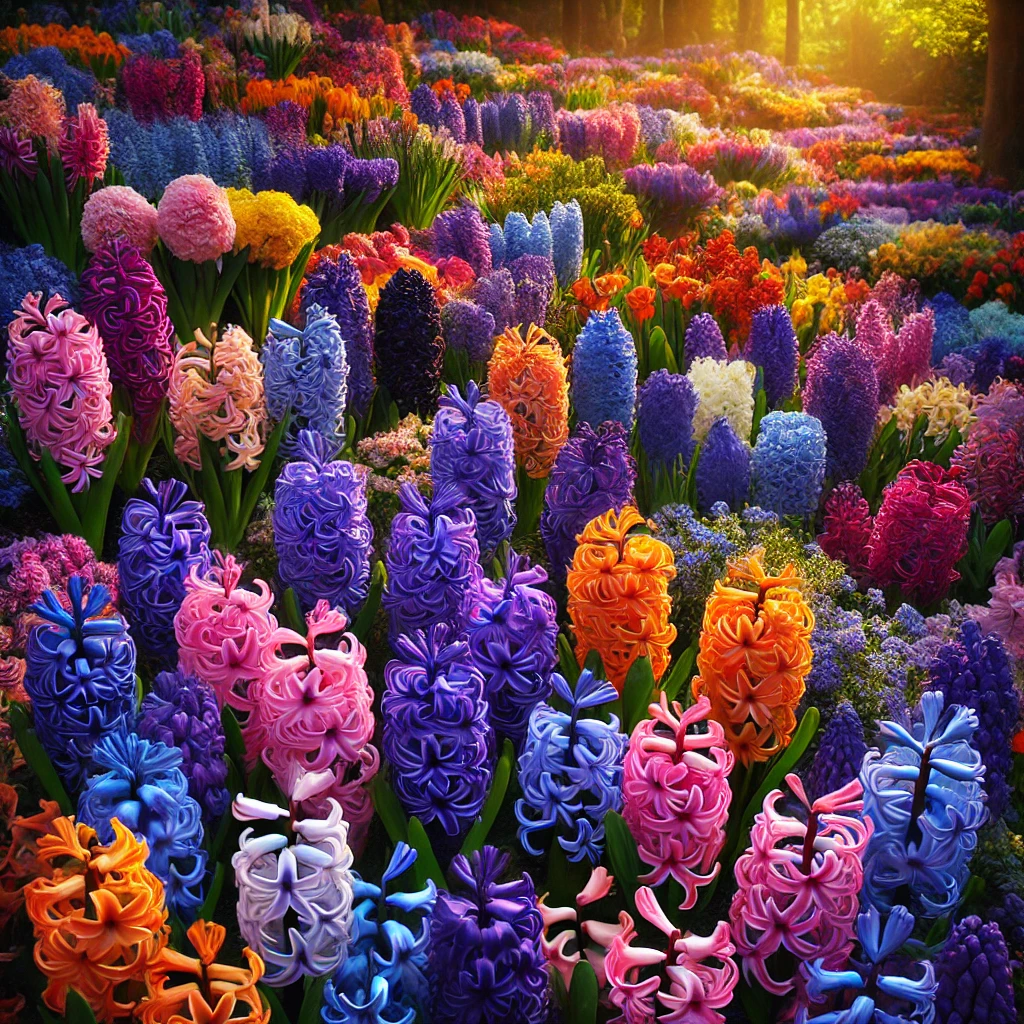

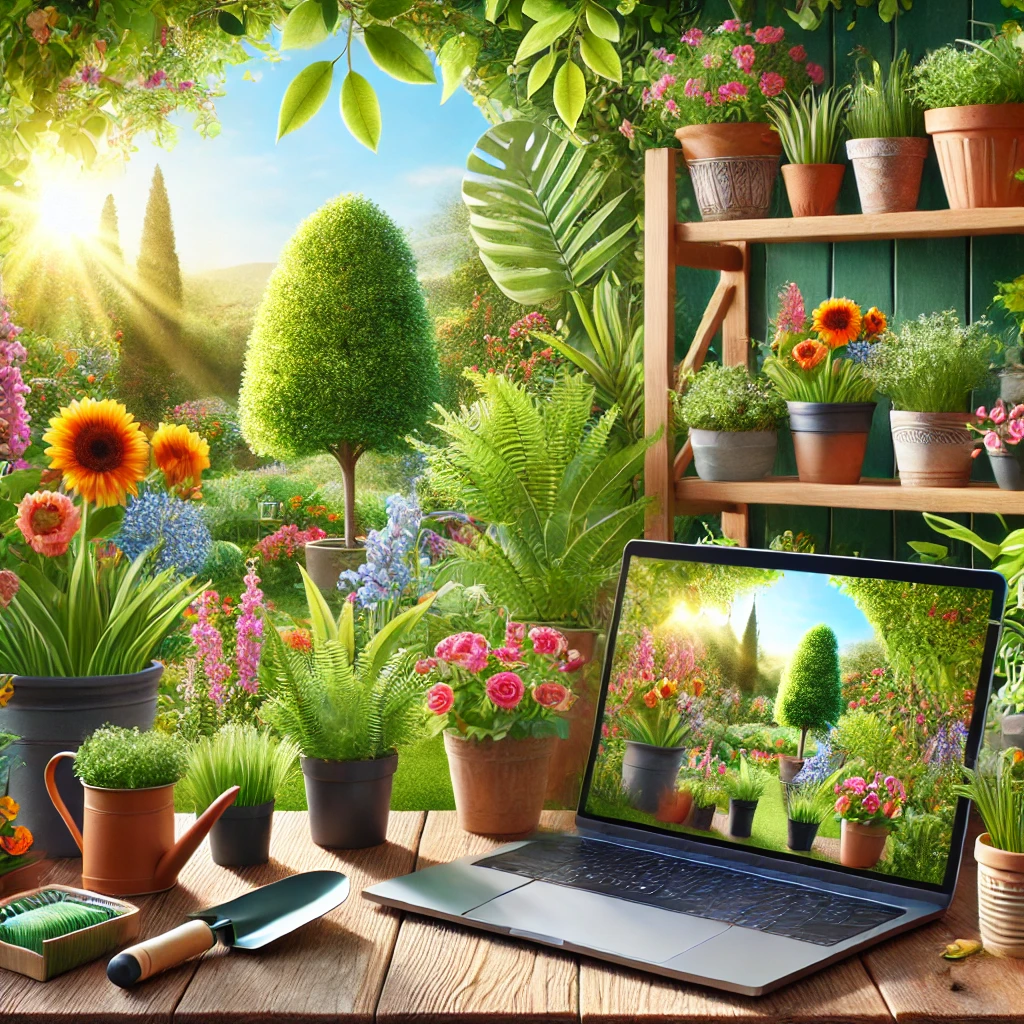

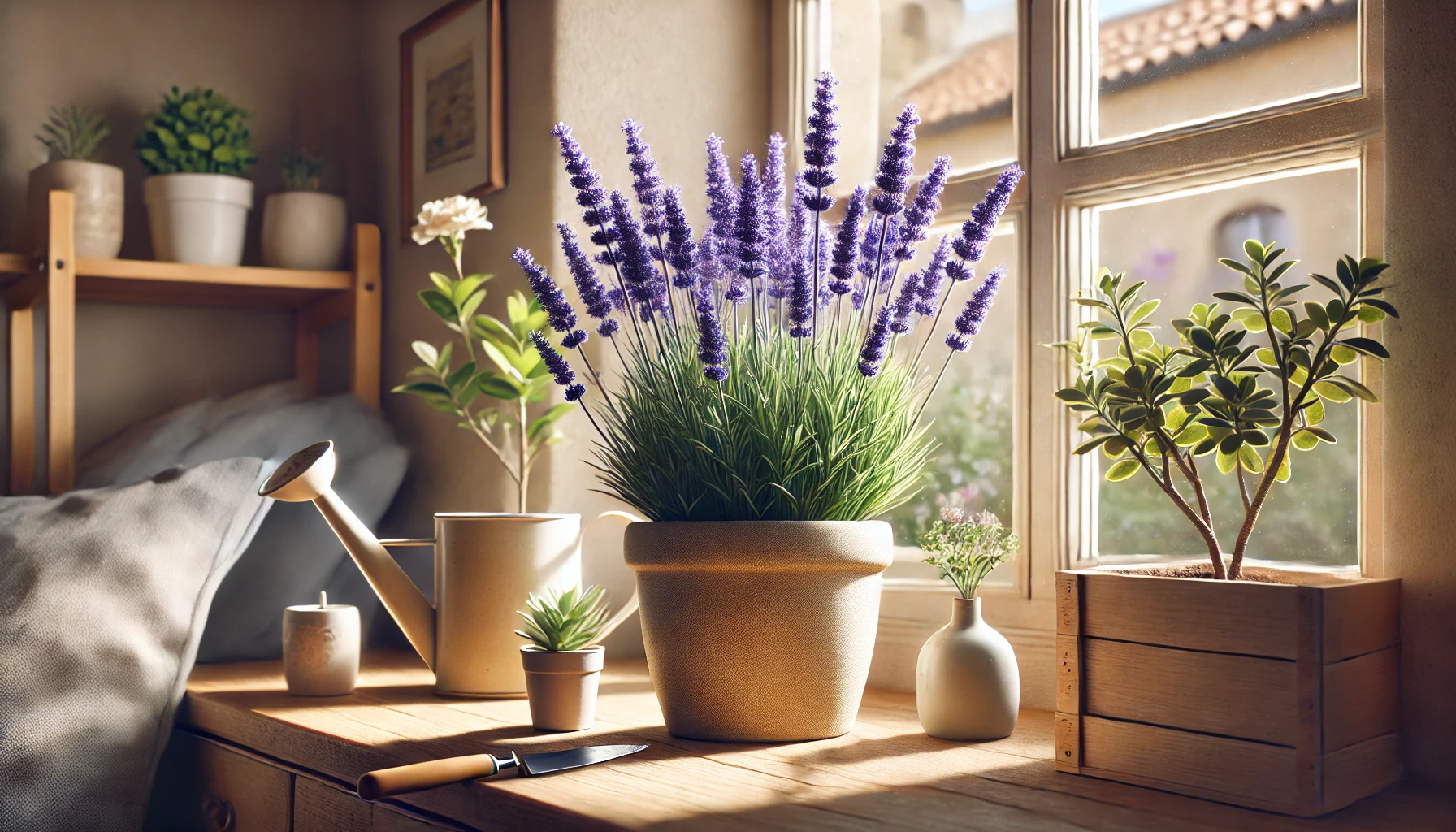
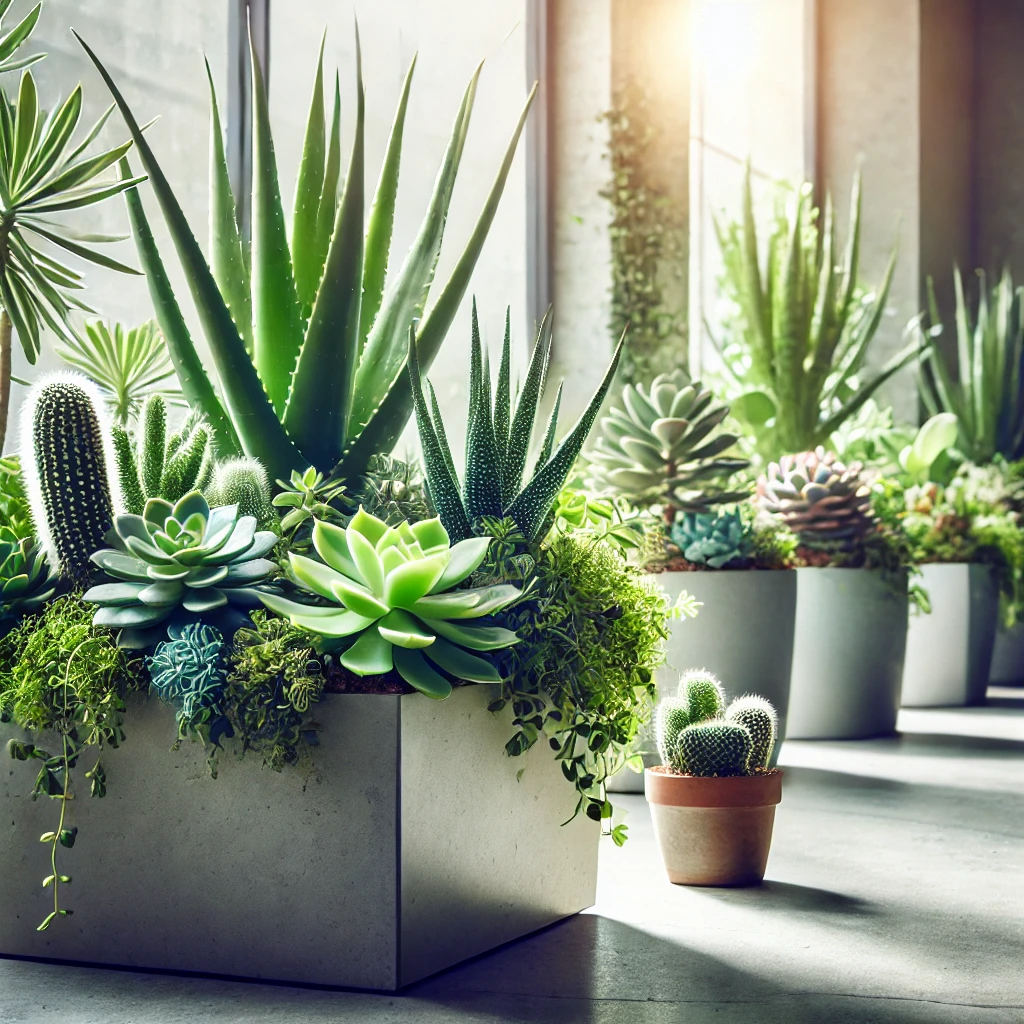



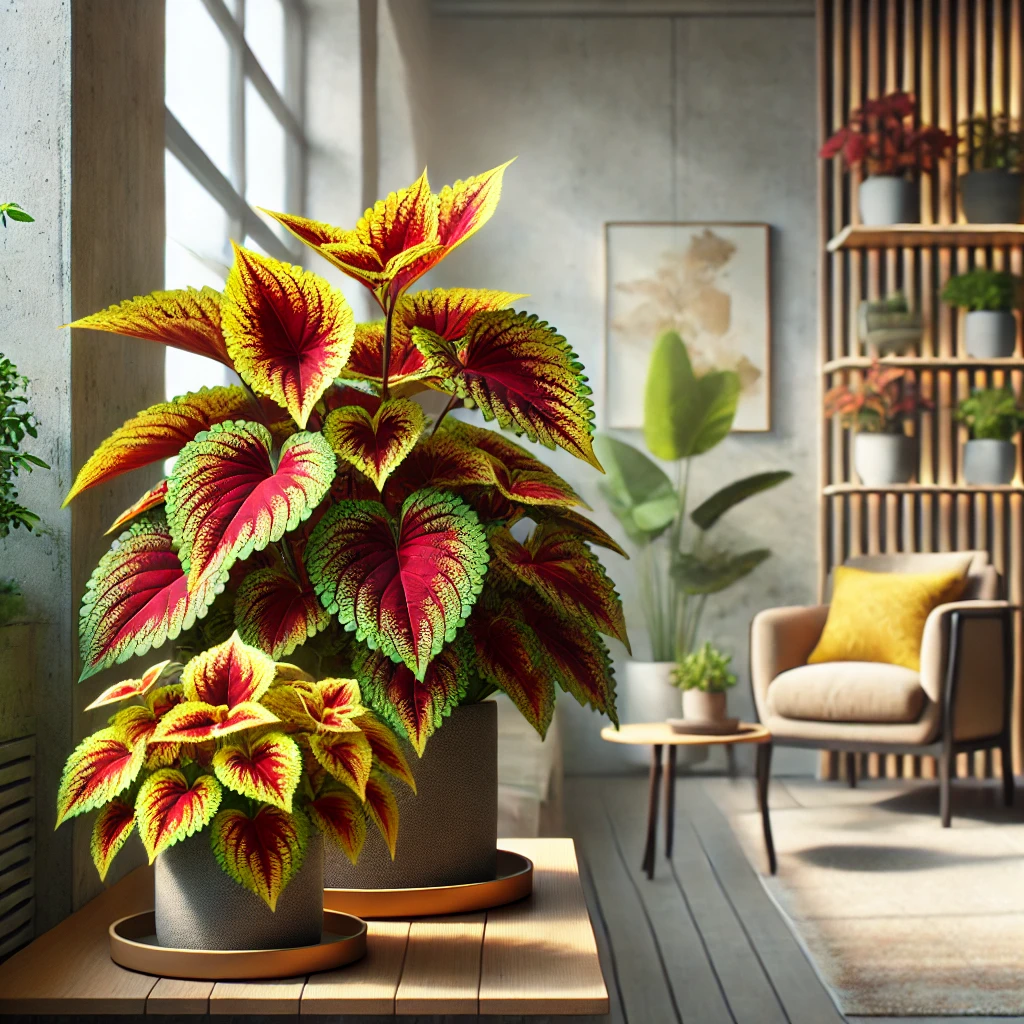





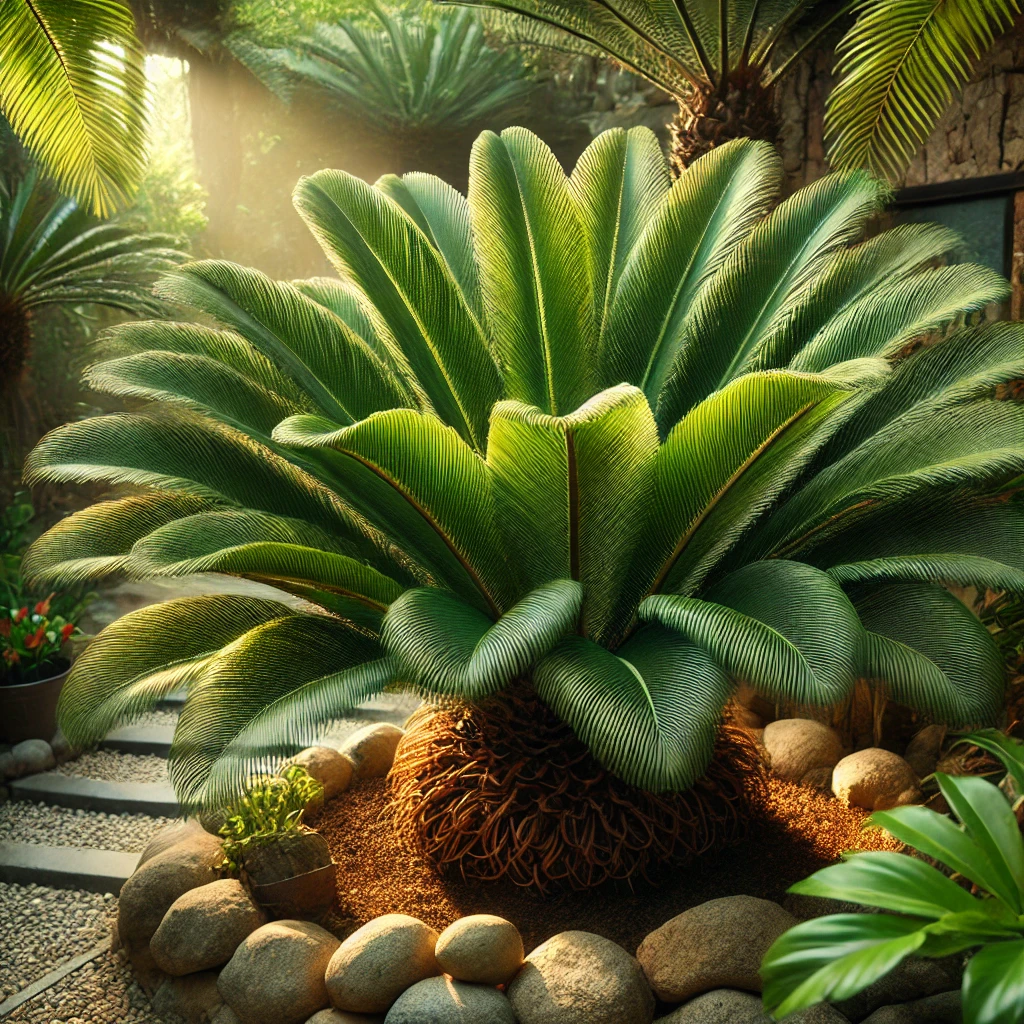
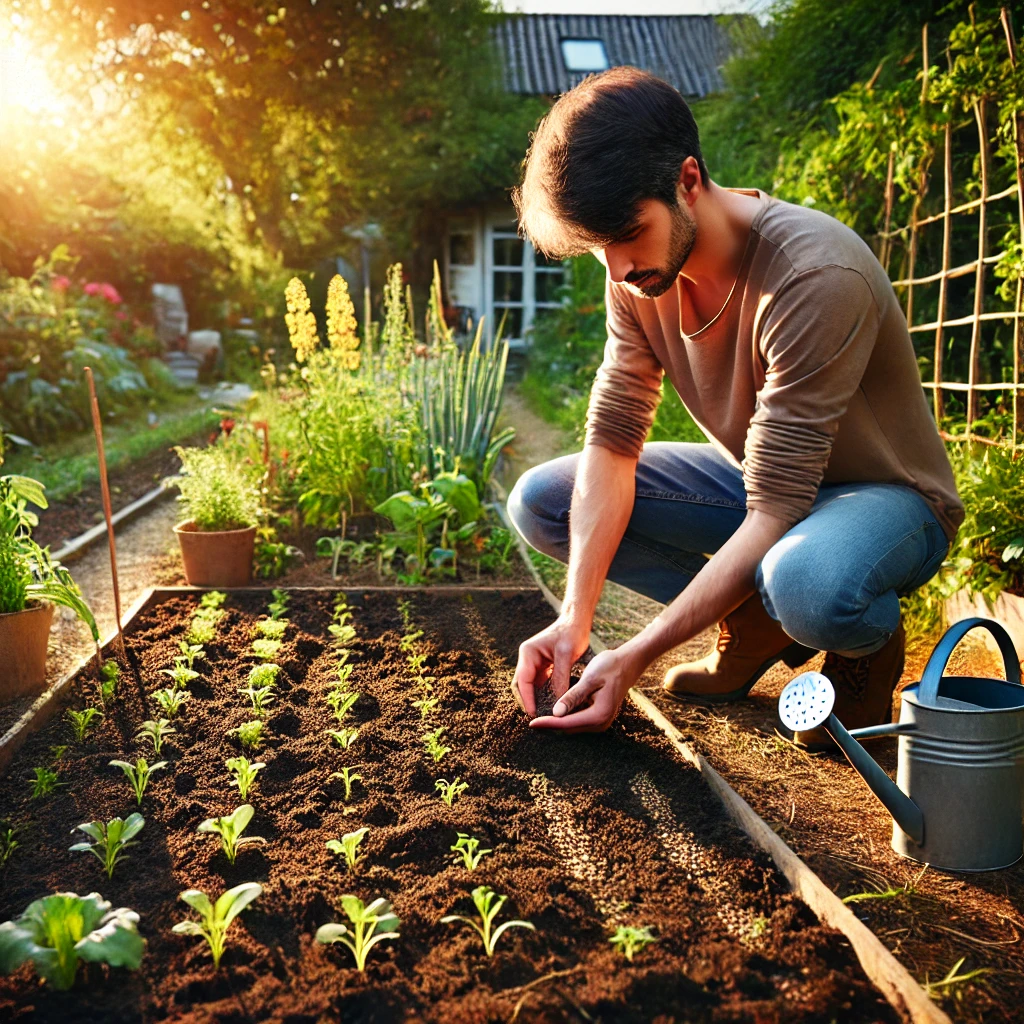
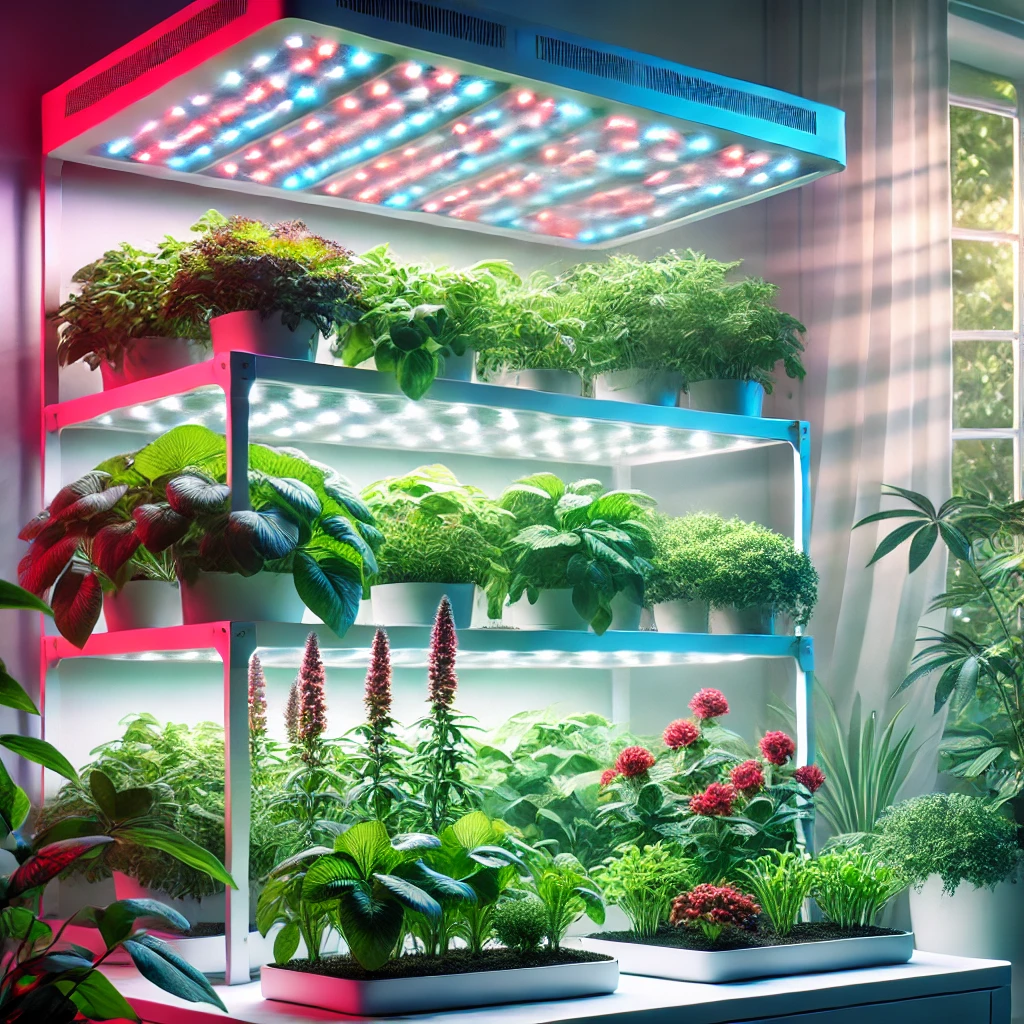


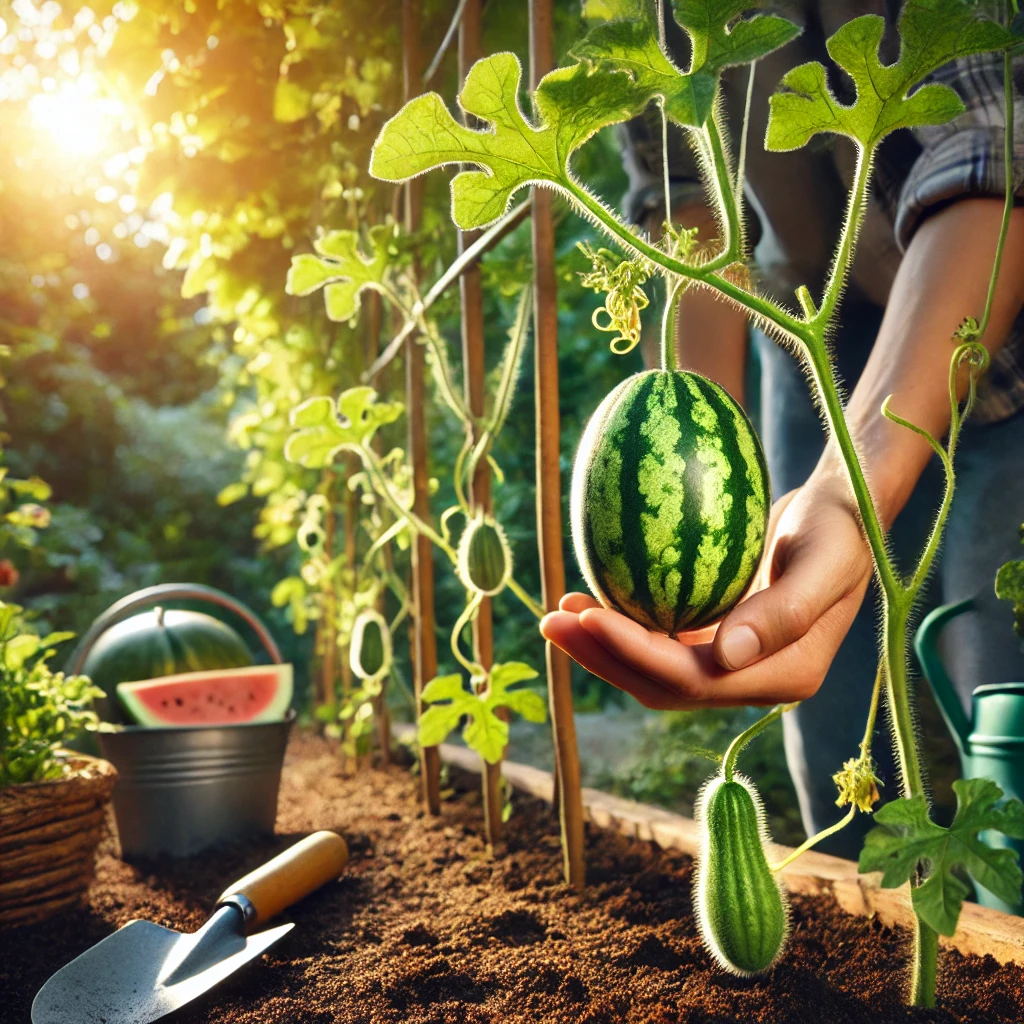
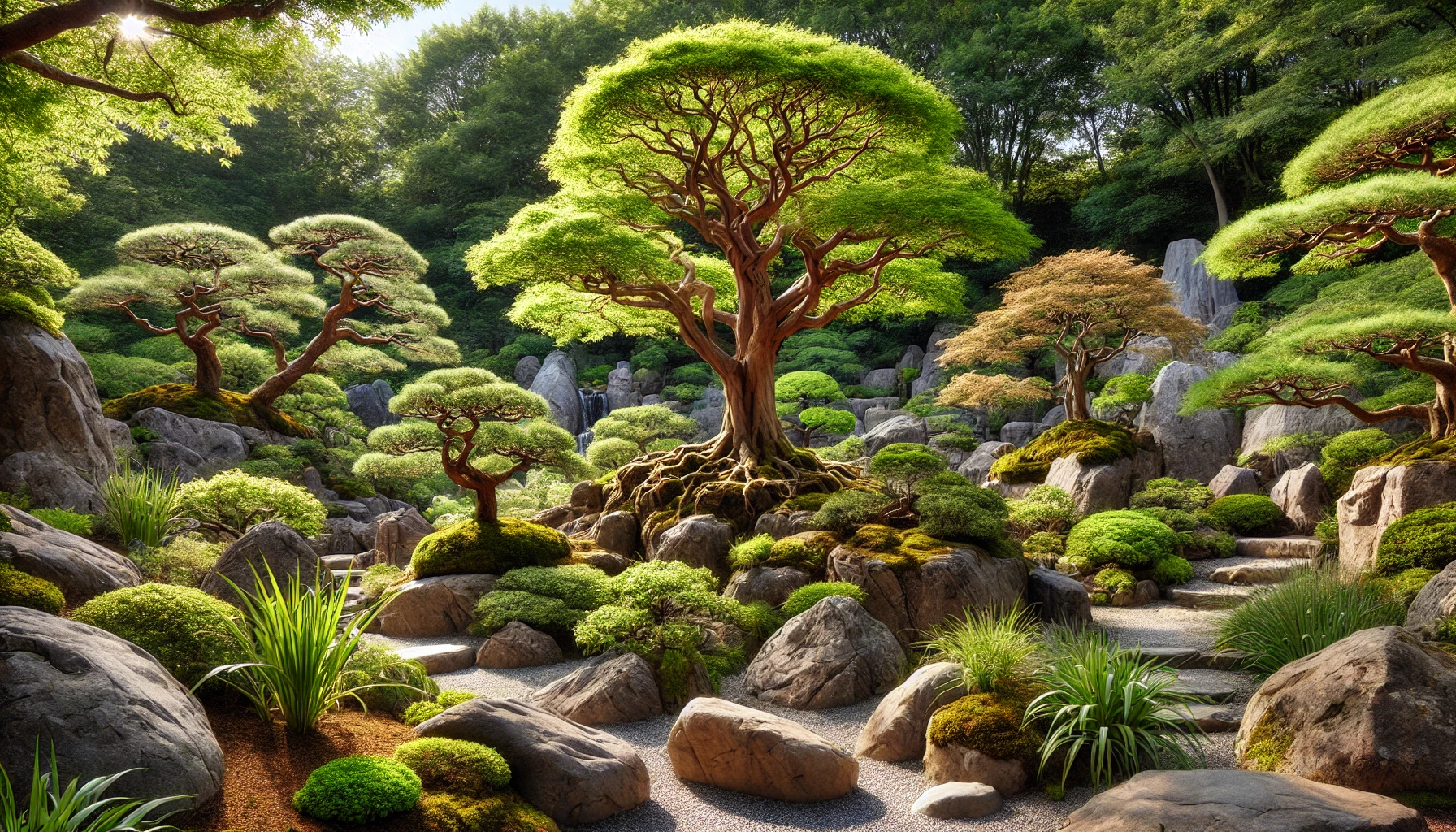

3 thoughts on “Zen Garden Philosophy: 1 Powerful Way to Achieve Calm”